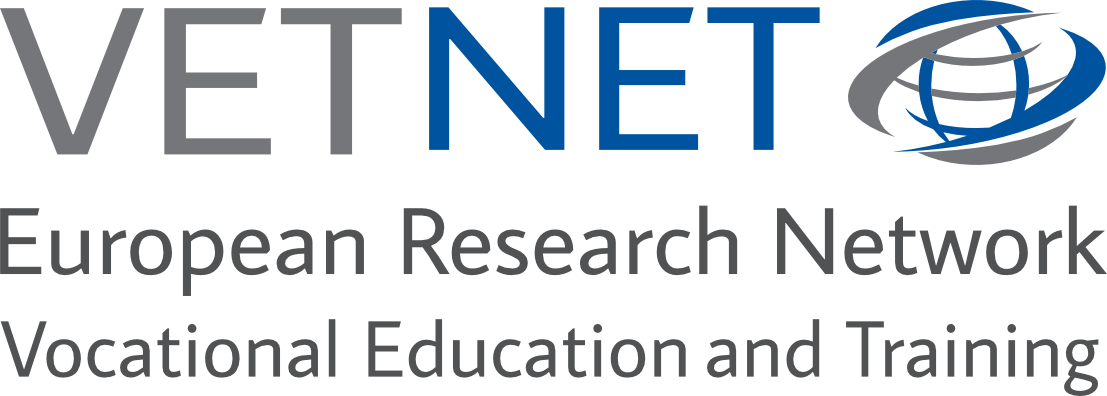Interactive Research on Innovations in Vocational Education and Training (VET): Lessons from Dutch and German cases
DOI:
https://doi.org/10.13152/IJRVET.1.2.4Keywords:
interactive research, collaborative research, cooperation of learning venues, information and communication technologyAbstract
This article focuses on two examples of interactive research (IR) in vocational education and training. IR is a process which brings together practitioners and researchers with the aim to implement an innovation. This innovation in the first project meant to create a hybrid learning environment; in the second it supported introducing digital media in a training centre. The process of innovating thereby turned into a learning process for all concerned persons: original ideas of the concerned concepts matured, boundaries between research and practice were crossed and new, sometimes surprising ideas for further development emanated. These experiences point attention towards the processes of research and innovation instead of only documenting results in the sense of summative evaluation. They also show that IR requires a certain framework in order to enable important learning cycles.





